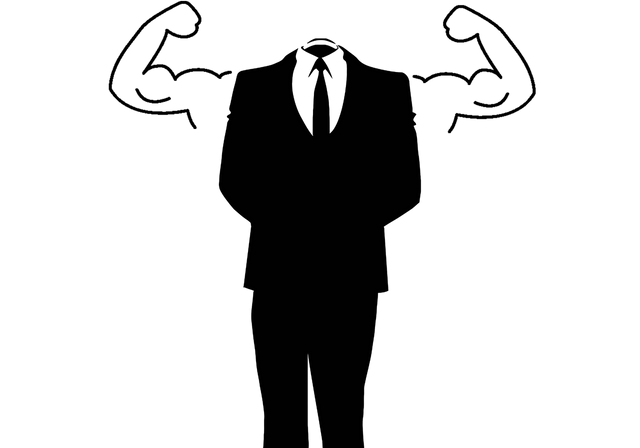Greetings friends!
Imagine a person radiating self-confidence, determination, and an unwavering dedication to their goals. This individual not only works tirelessly to achieve their ambitions but also goes to extraordinary lengths for the sake of friendship, earning the admiration of the masses and striking fear into the hearts of enemies. In the eyes of the public, such a person is hailed as a hero.
We often uphold qualities like self-confidence, determination, and hard work as virtues, deeming those who possess them as true individuals. Society reveres those who prioritize friendship and loyalty, considering them pillars of genuine character. The one who triumphs over adversaries is celebrated as a paragon of strength and courage. It's a narrative we've grown accustomed to – virtues leading to heroism.
However, what if we challenge this conventional wisdom? What if these very virtues, when taken to extremes, could transform into vices? The idea might initially be met with skepticism, but let's delve deeper.
Consider the virtue of friendship. A person willing to go to any extent for their friends may inadvertently offer blind support to unjust actions. The epic Mahabharata provides a poignant example in Karna. Despite possessing qualities like self-confidence and courage, his blind loyalty to Duryodhana led to his own downfall and that of his friend. This serves as a stark reminder that even virtues can be misapplied.
Closer scrutiny reveals that deep friendships can sometimes form among individuals with dubious intentions. Such alliances can lead to mutual support in wrongdoing, and this is not limited to personal relationships. Imagine a police officer implicating an innocent person to aid a friend or a judge overlooking crimes committed by a friend. The repercussions extend to high-ranking officials or politicians betraying their countries for the benefit of associates. In the pursuit of their own interests, they may view critics as enemies and go to great lengths to destroy them, disregarding notions of justice and morality.
Herein lies the paradox: courage can morph into audacity, confidence can escalate into overconfidence, and hard work may be employed for nefarious purposes. Dedication towards a goal, which is typically commendable, can be present even in individuals with malicious intent. This challenges the notion that a quality is inherently good simply because it falls under the category of virtues.
Ultimately, the virtue of a quality depends on the individual's objectives and their understanding of the fine line between justice and injustice. It prompts us to question the narrative we've constructed around virtues and heroes, encouraging a more nuanced perspective that acknowledges the potential pitfalls of excessive self-confidence, unwavering determination, and relentless dedication. As we unravel the complexities, we find that virtues, when unchecked, can lead to unforeseen consequences, blurring the lines between heroism and hubris.
So, nothing in this world is free from evil, not even goodness.
